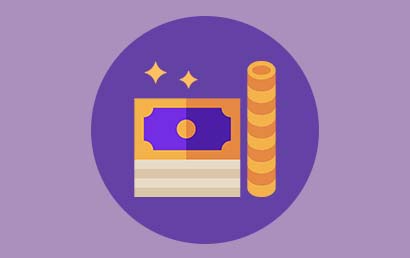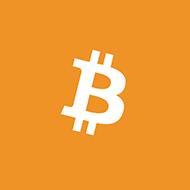We investigate whether buying and trading cryptocurrencies like Bitcoin is investing or gambling.
With crazy price fluctuations, social media commentary's impact on its acceptability, and the ongoing discourse about how to classify cryptocurrencies , it continues to be a divisive topic of conversation despite its growing adoption.
One of the most common debates is whether owning Bitcoin , Ethereum , or any popular meme coins is an investment or another form of online gambling .
Drawing a line between investing and gambling
The simplest way to address the issue of investing versus gambling is to clearly define each core tenet to see which side of the line owning Bitcoin places us on.
What is an investment?
An investment is when a person allocates time and money to researching and financially supporting a company or asset, in this case, cryptocurrencies, hoping that as the asset grows in value, so does the amount invested.
This growth is then reflected as a profit on the amount invested, with both those who own and operate the asset and the investors who helped fund its growth gaining value from its success over time.
In its simplest form, investing is speculative but aims to bring a valuable product to the market, which results in all participants winning. The market, the creator, and the investor all benefit in the medium to long term.
What does it mean to gamble?
Gambling is also speculative as money is spent on games of chance with the hope of the player winning cash prizes or jackpots valued at more than what they paid.
Whereas investing is based on adding a new product to the market, gambling is solely based on the individual's entertainment, and the profits and losses are realised over a much shorter period.
Given that profits are realised from the losses of other players (in games of skill) or the casino operator (in games of chance), gambling always results in a win-lose scenario .
Does the crypto market straddle the line?
Even with the above definitions in place, it could be argued that crypto ownership straddles the between investing and gambling due to several shared factors:
Volatility: The crypto market and casino games offer a volatile environment in which gains and losses occur.
Risk/reward curve: While traditional investments are based on data analysis, the market shifts and price variances of Bitcoin blur the line between calculated investment decisions and all-in gambling behaviours.
Regulatory challenges: The current crypto market shares many regulatory parallels with the early days of online gambling. This includes user security, market/game manipulation, proof of funds, concerts of money laundering and local taxation.
As with gambling, there has been increasing conversation around the psychological triggers that motivate people to trade their fiat currency for digital assets. As mainstream reports of the massive jackpots early crypto buyers experienced gained attention, so did the demand for access to crypto exchanges and the inflow of cash into the market.
FOMO (fear of missing out) is a proven trigger for investors and aligns with the suggestive power of news stories of progressive jackpot winners in the gambling space.
In both instances, the success of others and the chance that “it could have been you” motivate potential customers to spend money or increase existing spend in the hopes of getting lucky when the next big payout hits.
What is the conclusion?
You’re making an investment when you buy and trade decentralised cryptocurrencies, meme coins, or stablecoins . The real challenge is to resist the urge to chase losses or aim for big payouts, which can result from FOMO.
Even if you’re not using your Bitcoin to play crypto casino games , you are beginning to gamble with your investment when you move away from sound investment strategies into high-risk speculative (re)actions.



.png)

















.png)



.svg)
.svg)
.svg)